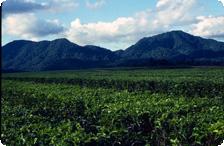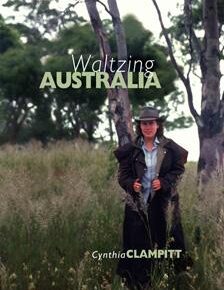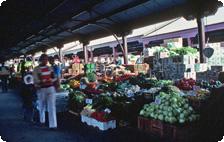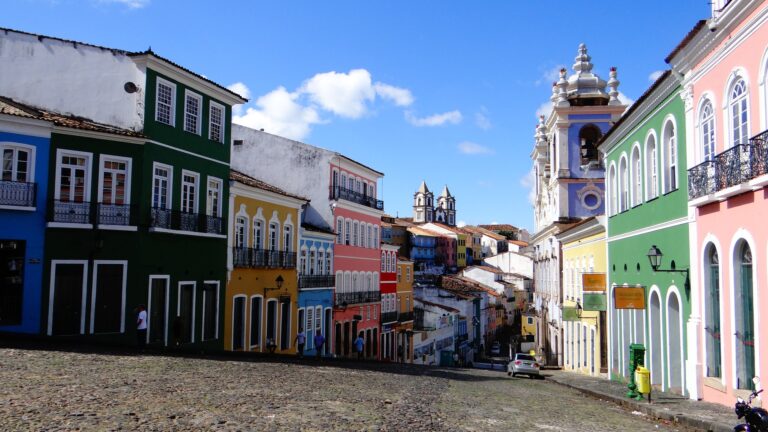Culture: Australia: Fabulous Fare in a Sunburnt Country
Doyle’s on the Beach is the place to go to sample the widest possible selection of seafood. However, every town is going to have local specialties, and it’s wonderful to explore what’s in season wherever you are.
Much of Australia is in the tropics, so there is a wide array of gloriously exotic fruit available, from mangoes to custard apples to papayas. The macadamia nut, also known as the Queensland nut, is indigenous, making them not nearly as expensive as they are in the states. The farmers’ markets are a delight. If you get to Melbourne, check out the Queen Victoria Market , a 100-year-old outdoor market that covers 16 acres. And Adelaide’s Central Market is a treat, too. In fact, all the major cities have markets that will delight you.
Australia is a world-class wine-producing country as well. There are numerous dinky-di Aussie wineries, many of them international award winners, but most of the world’s top outfits have vineyards here also. The Domaine Chandon vineyard outside Melbourne, for example, is a delightful spot to stop for a bit of bubbly and to enjoy the view of vineyards and bordering mountains. However, if you can only visit one wine region, the Hunter Valley outside Sydney is recommended. If you can take in more than one, South Australia has a number of wineries well worth a visit. And then there’s the rum and the beer. Rum played a key part in Australian history (check out my blog to learn more about the story of the Rum Rebellion.) As for the beer, every state has at least a few brands, and brewery tours are often available. Me, I prefer cider to beer, and Australia is where I got hooked on Strongbow.
On top of that, you have a substantial immigrant population. There was a huge influx from Europe after World War II. Huge enough that, for example, Melbourne has the third largest Greek-speaking community in the world, after Athens and Thessalonica. Plus, Australia is in Asia’s backyard. Even 20 years ago, you could get octopus or hot goat curry from food vendors in shopping malls. It’s where I had my first Vietnamese and Cambodian food, and while I’d first sampled Indonesian food in Amsterdam, I became truly familiar with it in Australia.
Australia is also becoming a top-notch olive oil-producing country, has some of the most productive rice paddies in the world, has splendid tea plantations and huge orchards of fruit and nuts, so good ingredients are not hard to come by. Throw in a few ambitious, imaginative, cutting-edge chefs, and you have the makings of a diners’ paradise.
Of course, it also has its homey specialties. The national food stuff—the item that holds the place in the food hierarchy comparable to hotdogs and hamburgers—is the meat pie. Chopped meat and onions are baked inside a flaky pastry crust, and a good meat pie is a thing of beauty. It is traditionally served with tomato sauce (ketchup). Generally eaten out of hand, meat pies appear in all the places hotdogs and burgers appear, including sporting events.
There are a few things that might strike the visitor as unusual. Pumpkin is served as a vegetable. Pub grub often offers roast lamb at lunch, which is not usual for Yanks, but is certainly not a bad thing. The candy bars are almost all different from ours—though many will be familiar to those who have traveled in England (there is, in fact, a Cadbury’s factory in Australia). And you can get champagne and orange juice in pop-top cans. But differences just add a touch of the joy of exploration to the trip. You don’t want it to all be familiar, do you?
So if you visit Australia, prepare to be surprised—and delighted. It is a country of dramatic differences, friendly people—and great food.
-*-
Cynthia Clampitt is the author of Waltzing Australia. You can get her book on Amazon
or or visit her blog to learn more.
Discover more from Tango Diva
Subscribe to get the latest posts sent to your email.










